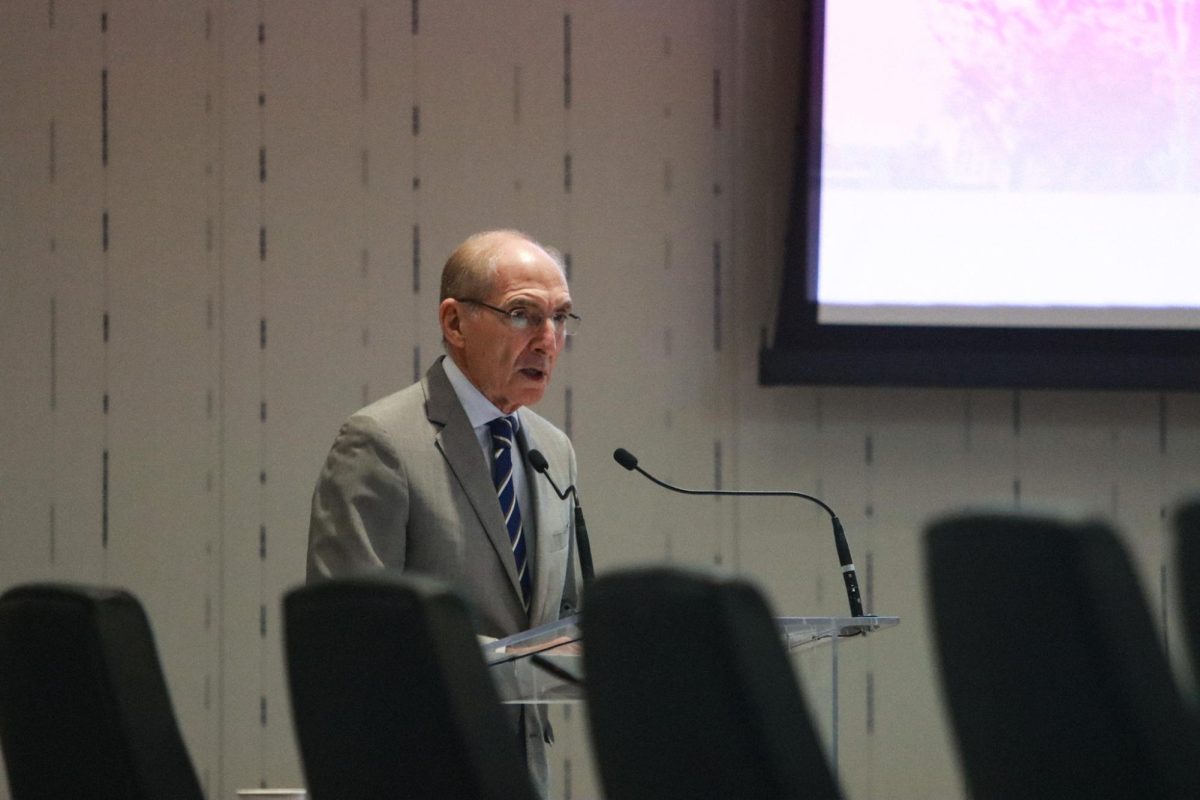UK offers suicide prevention training
September 30, 2014
By Anne Halliwell
ahalliwell@kykernel.com
UK’s Counseling Center will provide Question, Persuade, Refer, or QPR, training at three times on Tuesday in Frazee Hall to teach students and faculty how to respond when they think someone they know may be considering suicide. The 75-minute sessions will focus on gatekeeper or “the layperson’s” training, said Mary Chandler Bolin, the director of the Counseling Center.
“When people are in distress … the first place they go is probably not professionals,” Bolin said. “The idea is that at least (students) have got basic info, basic skill sets … so the gatekeeper knows how to respond.”
When a person considers suicide, they may not say so explicitly, Bolin said, or give out signals to a large group of people. QPR tightens the safety net around those people, Bolin said, allowing the people who are clued in to some extent to recognize the signs of depression or situations that could worsen their emotional state dramatically.
“The listener very often says nothing because they’re afraid they might make it worse, push the person in the direction of suicide,” Bolin said. Instead, she said, QPR teaches students to show concern and gather information in case professional help should be consulted.
It’s a very human reaction, Bolin said, to inquire about another person’s situation and check in periodically if something seems wrong or different.
“I think what we have to do is slow down enough to reach out to people who might be in pain,” Bolin said.
QPR, invented by founder Paul Quinnett currently a clinical assistant professor in the University of Washington School of Medicine, parallels CPR, Bolin said, with a series of steps to perform when something appears to be wrong. And like CPR, she said, training more people increases the likelihood that issues will be caught and the proper interventions can happen.
Students can turn to on-campus resources like the Counseling Center or places like Lexington hospitals or the 24-7 National Suicide Prevention Hotline 1-800-273-TALK for the “Refer” part of the training, Bolin said. Although UK’s QPR training will focus on suicide prevention, Bolin said much of the technique can be applied to other difficult conversational topics like depression, difficult personal problems or heavy concerns that may not necessarily lead to thoughts of suicide.
If you open the door to communication, down the road … (they’ll be) more likely to come to you,” Bolin said. “It’s common sense … but if you’re not slowing down enough to know that something’s different with a person you care about, you could miss it.”





























































































































































